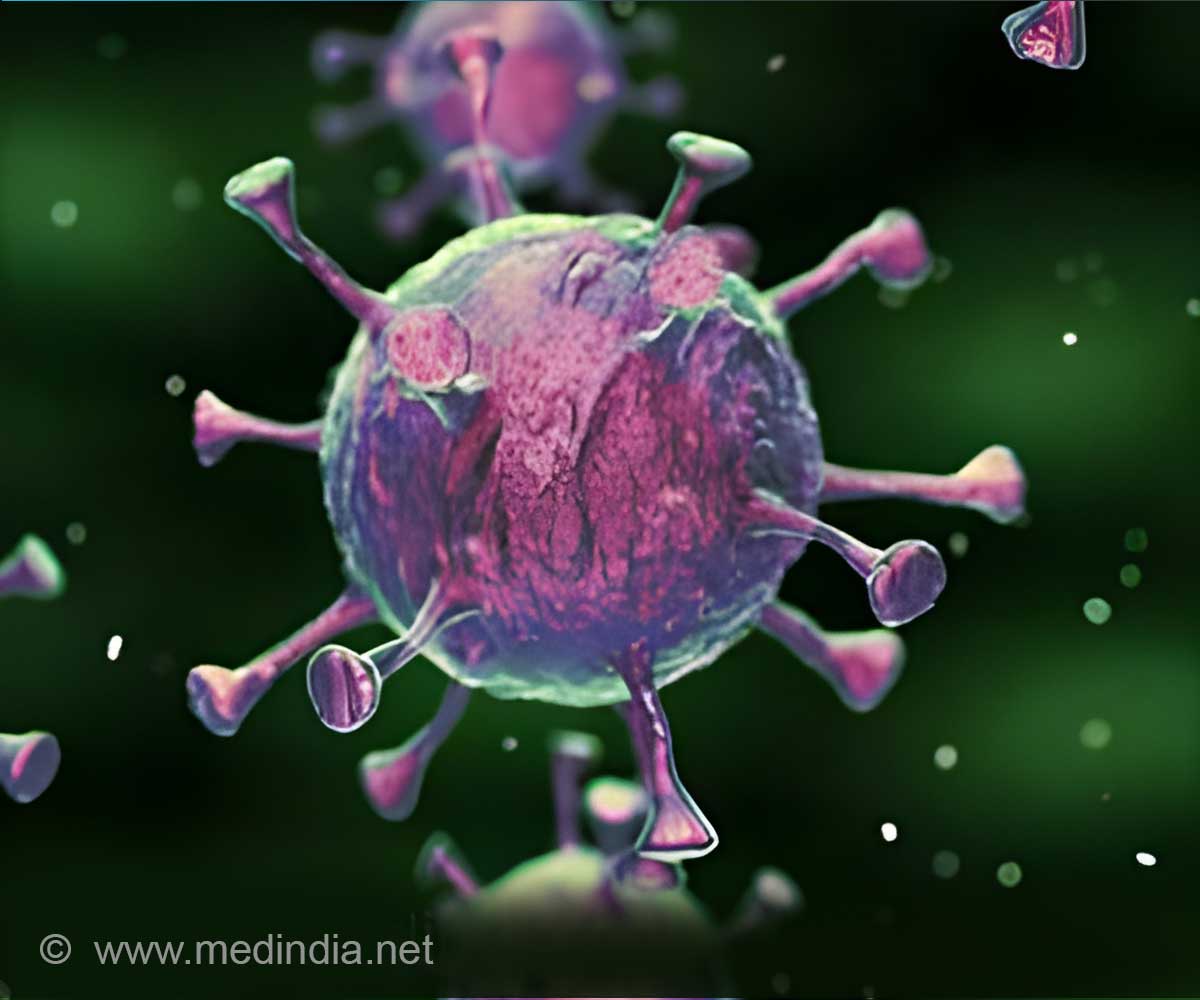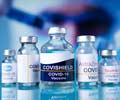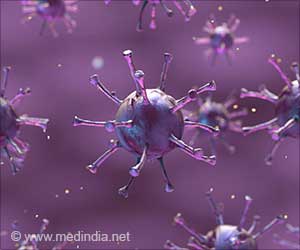UT Health San Antonio researchers compared results in less severe and severe COVID-19 cases one and five months after symptom onset.

However, samples from eight individuals who recovered from less-severe disease showed increased expression of markers associated with durable B cell memory as compared to individuals who recovered from severe disease.The markers include T-bet and FcRL5.
T-bet-positive, spike-specific B cells nearly disappeared from the blood samples five months post-symptom onset.
Non-severe cases were defined as not requiring supplemental oxygen or invasive ventilation, while severe cases needed invasive mechanical ventilation or extracorporeal membrane oxygenation (ECMO).
“The definition of severe disease was made based on the need for mechanical ventilation or ECMO because this distinguishes the most critical patients, who are the most likely to develop impaired immune responses,” said study senior author Thomas Patterson, MD, professor and chief of infectious diseases at UT Health San Antonio who leads COVID-19 care at clinical partner University Health.
Study participants were enrolled in the Adaptive COVID-19 Treatment Trial (ACTT)-1 or ACTT-2 clinical trials. Samples were from University Health patients co-enrolled in the UT Health San Antonio COVID-19 Repository.
Advertisement















